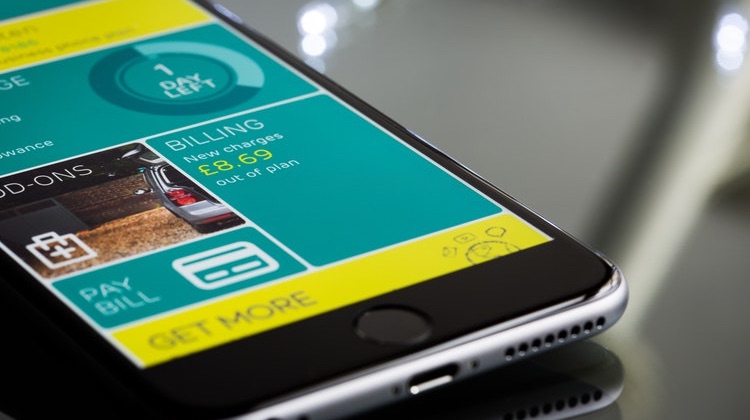Member Exclusive
Research: For a generation just hitting the workforce, Gen Z has surprisingly good credit
- Gen Z has higher average credit than Millennials and Gen X
- But people born after 1996 will need more help in managing their finances.








